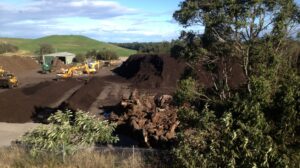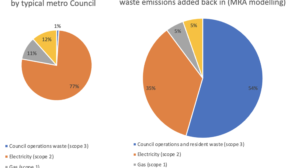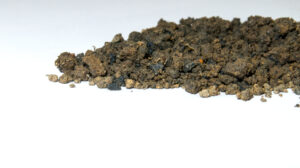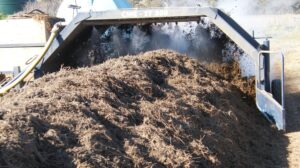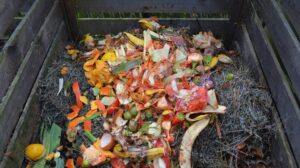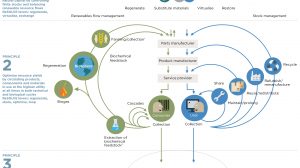Compost
8 May 2025
Composting our way to sustainability – one quality tonne at a time
FOGO is taking off across Australia.
All the more reason to implement stricter, and uniform, compost standards.
Compost
12 March 2025
FOGO is the future but it’s future is not certain
Now that State Governments are mandating FOGO collections, it is more important than ever to pay attention to the quality of the product and our compost markets.
Organics
6 February 2025
Commercial food waste collections coming to NSW
Starting on 1 July 2025 large food waste generators will no longer be able to send organics to landfill. This major reform will improve resource recovery, create hundreds of jobs, reduce landfill consumption and reduce GHG emissions.
Circular Economy
8 June 2022
Letter to Local Government- Climate Change and Local Government
I am glad that Local Government has levers that can reduce emissions and slow climate change.
Carbon
5 October 2021
Super-spreader landfills causing climate change
For more than ten years, MRA has been arguing for an “Organics Revolution” in Australia to remove organics from landfill.
Circular Economy
1 March 2021
Open letter to Australia’s Mayors – Why waste matters to your carbon footprint
The single biggest greenhouse gas emissions decision you will make as Mayor, is “Are we still sending organic waste to landfill?”
AWT
19 February 2021
Could pyrolysis save the planet?
There is only one technology that we know of that can reliably suck carbon dioxide out of the atmosphere and sequester it. Photosynthesis. It is what every plant on the planet does every day.
Carbon
26 May 2020
Creating economic wealth from emissions reduction – a case study of recycling
The waste and recycling industry contributes close to 3% of Australia’s direct emissions. However, recycling abates much more by capturing the embodied energy of the recovered materials.
We can create a more sustainable Australia by reducing emissions, increasing recycling and growing new green jobs.
Circular Economy
24 April 2020
Rebuild after COVID-19: All governments should ban organics to landfill
Organics to landfill make up more than half of all waste to landfill in Australia. They are also responsible for a fair amount of the waste sector's GHG emissions.
How can we create environmental benefits and stimulate the economic growth sorely needed post COVID-19?
Climate Change
20 April 2020
Where to with food waste
If global food waste was a country, it would be the third largest emitter of greenhouse gases in the world, behind the U.S. and China
One thing we can do to combat climate change as individuals, households, local councils, state governments and federal governments is address food waste to landfill.
So, what are our options?
Carbon
6 February 2020
Carbon abatement- the waste sector can do much more
Projections show Australia is very unlikely to meet its current 2030 carbon reduction targets, with recent reports of increasing greenhouse gas emissions (GHG) from all sectors other than the electricity and agriculture industries.
Australia needs to do more and the waste and recycling sector can lead the charge in emissions reduction.
Policy
16 September 2019
Actions for a circular economy
Following up on his earlier Circular Economy article, Mike Ritchie reviews the European Union Circular Economy Action Plan report of 54 actions and adjusts those actions to propose an equivalent action list for Australia.
Sign up for all our latest articles
Blog categories
- Awards (9)
- AWT (1)
- Bin Trim (2)
- Carbon (27)
- Careers (2)
- Circular Economy (52)
- Climate Change (35)
- Compost (22)
- EfW (14)
- Event (12)
- FOGO (32)
- Grants (80)
- In the Media (17)
- Infrastructure (33)
- Landfill (41)
- Legislation (16)
- Levy (7)
- Licencing (5)
- litter (8)
- MRA News (59)
- MRA Projects (11)
- NSW (16)
- Organics (30)
- Planning & Approvals (11)
- Policy (82)
- Recycling (84)
- Regulations (4)
- State of Waste (18)
- State Strategy (29)
- Strategy (50)
- Waste (109)
- Waste Myths (10)
- wastenot (35)
